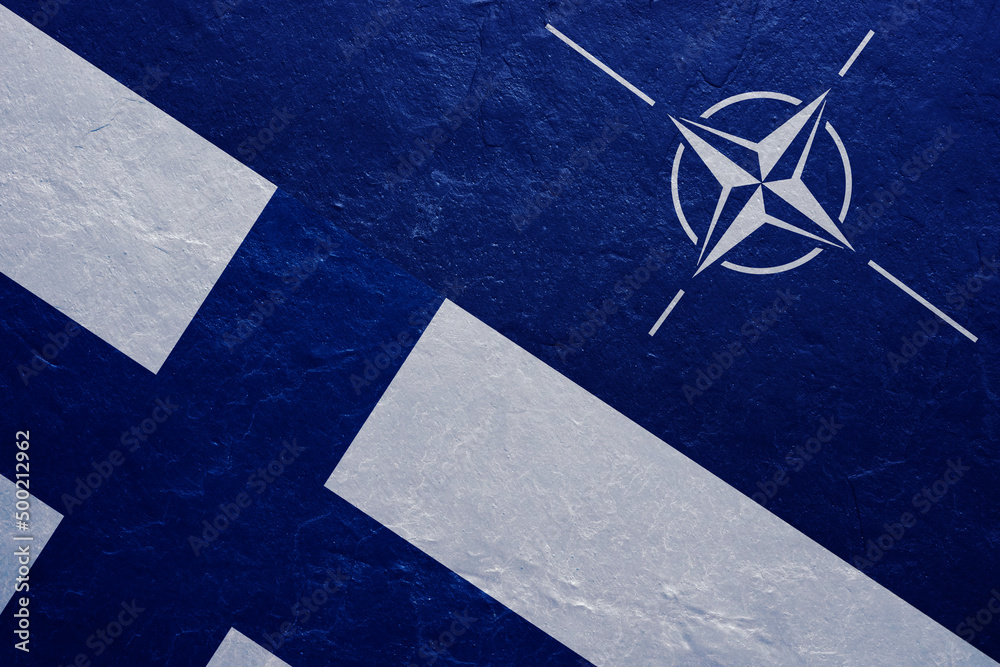In the aftermath of the First World War some of the states were able to escape. That was the case for Finland and Poland, and for a while the Baltic States. In the same aftermath, some other states were constructed or reconstructed under the controlling eyes of the victorious and therefore surviving empires. Most of them were therefore from the very beginning unstable and morphed later easily into petty dictatorships.
Probably the most dramatic, but least noticed change happened inside the borders of the former Russian Empire. For the small nations the Russian revolution fed illusions about fraternité, liberté et égalité, which then after the forced collectivization and the great terror turned into fratricide, dictature et famine.
With the Molotov-Ribbentrop Pact in August 1939 Josif Stalin decided, under the pretext of security, to go back to the borders of the Russian Empire. That was the starting point of Soviet Russian re-occupation of the Baltic States, and for the Finnish Winter War. Then the Second World War made a hell out of the remnants of this shatter zone.
When you then compare the outcomes of the First and the Second World War, there is one structural property standing out – especially if you also consider the political changes after 1948: The Russian Empire was reconstructed. The nice, but in a context of realpolitik probably naive, wilsonian intentions after WWI had been revoked.
Finland escaped the fate of the other European states inside this imperial or comradely Russian sphere of influence, but the price to be paid included severe restrictions on the country’s possibilities to choose its own trajectories. The peace agreement from Paris restricted both the army and the possibilities to join any organisation on the western side of the Iron curtain. The rest was taken care of by the Agreement of Friendship, Cooperation and Mutual Assistance. The short-lived taw in east-west relations around 1956 opened up some space. In small and carefully choreographed moves Finland could then join the Council of Nordic Countries, the UN, and eventually the EFTA-free trade area.
The Finnish tactics to use any relaxation of tension between the superpowers fed the idea of the Conference of Security and Cooperation held in Helsinki 1975, but the basic conviction up to 1989 was that the Soviet Union was there to stay and very little if anything could be done to change or loosen that foundational bolt in the European security system.
Then everything changed with the collapse of the imagined Soviet giant. Finland recalibrated its security policy by joining the European Union and felt convinced that the security EU could offer was enough. The thought of also applying for membership in the North Atlantic Treaty Organisation seemed for most Finns as something far outside both the security needs and the realms of political imagination.
But some parts of the European hard structures were never really analysed. The First and the Second World Wars had basically shattered the old empires – with one interesting exception. Very few pundits of international relations understood the implications. Normal European states had created a national identity. But Russia never created a national identity in the true sense of the word. Instead Russia created a great power identity which was deeply rooted in the siloviky elite. Due to a very thin civil society no challenging democratic identity were able to really compete in the strictly closed and controlled putinist Russia.
That made Russia very dangerous, especially as the economic base was doomed to be undermined by the shift to a carbon neutral world economy. All this became apparent for the world in one single day: the 24th of February.
The traditional saying in a Finnish debate on security policy had been, that the population would follow if the Finnish political leadership would point towards a NATO membership. Russia’s unprovoked war against Ukraine changed something substantial: the people turned to NATO and the politicians had to rearrange their faces and their speeches.
Suppressed memories from the Winter War 1939 came alive and Finland decided to ask for membership. The political machinery will do that in – I guess – June, at the latest.



